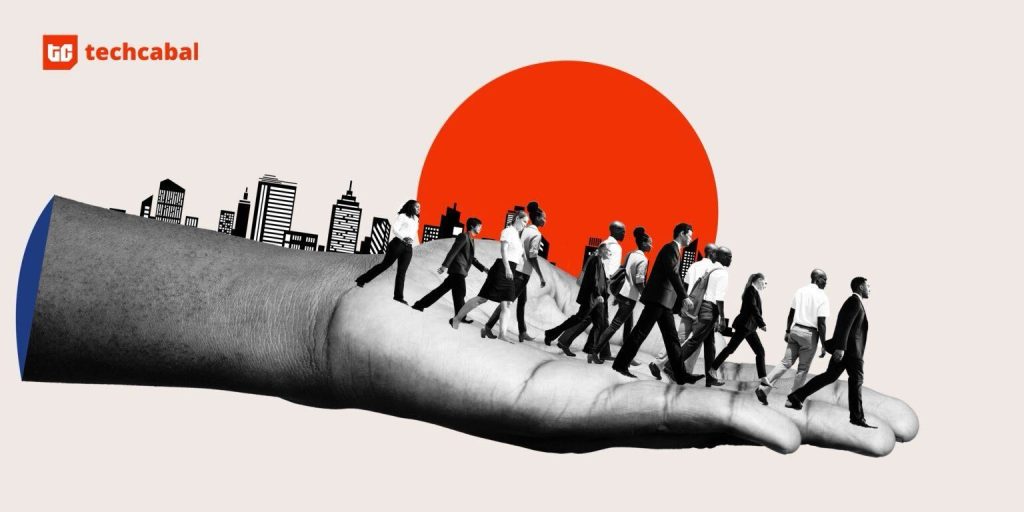
First published January 12, 2025
This week, the Financial Times reported a compelling story that shines a harsh light on China’s struggling startup ecosystem.
Here’s the issue: in China, if a VC-backed startup fails, investors can invoke redemption rights to claw back their investments by seizing the founders’ personal assets—homes, bank accounts, or other valuables.
While redemption rights have existed for years, their enforcement has escalated recently, leaving many founders millions in debt. These founders can even be added to China’s debtor blacklist, a part of the credit system. Once blacklisted, individuals are banned from travelling, booking hotels, and using China’s high-speed trains.
The combination of financial risk and government surveillance amplifies the personal cost of entrepreneurial failure. Policies like these create a high-risk environment that discourages risk-taking and stifles innovation. The focus on avoiding failure, rather than nurturing groundbreaking ideas, has created a significant barrier for new startups, especially in emerging sectors.
According to China’s Ministry of Industry and Information Technology, the number of new tech startups declined by over 20% between 2022 and 2023.
Next Wave continues after this ad.
Could Africa face the same fate?
While China’s model may not directly translate to Africa, the potential dangers of similar clauses in African countries are worth considering. Fintech startups, often viewed as high-risk ventures with the potential to drive financial inclusion, could be impacted. Founders already face challenges such as limited access to capital and redemption rights could create unmanageable risks. It could put much-needed economic transformation in jeopardy.
In sectors like agritech, where founders are working to provide food security solutions, a system that ties personal assets would likely be disastrous. The high-risk nature of startups in Africa demands creative problem-solving, and fear of financial ruin could deter entrepreneurs from innovative ideas and towards safer ventures with lower long-term potential.
Differing cultural views of failure
Cultural differences shape how failure is perceived across global startup ecosystems. In the West, especially in the U.S. and some African nations, failure is often seen as a learning opportunity—a stepping stone to future success. Founders who stumble can usually bounce back without the fear of losing their personal assets.
That said, Western and African ecosystems are not without flaws. In some cases, the rapid growth and inflated valuations in these regions can encourage reckless experimentation. The “fail fast” mentality may normalise high-profile collapses without addressing critical issues such as sustainability, ethics, and responsible governance.
The impact of fear on the startup ecosystem
Fear now dominates the Chinese startup ecosystem. This fear is not just personal for entrepreneurs but systemic—it discourages risk-taking and pushes founders toward safer bets rather than innovative ones. This fear extends to investors, who, in turn, avoid risky sectors and instead prioritize short-term returns.
In emerging markets like Africa, the fear of failure is even more entrenched due to systemic challenges. A lack of robust financial ecosystems, weak regulatory environments, and a fear of government overreach prevent entrepreneurs from experimenting with truly disruptive ideas. Investors and governments are cautious, prioritizing low-risk sectors over high-impact ventures that could transform economies.
This fear-driven environment exacerbates inequality and discourages global competitiveness. Instead of nurturing the next Alibaba or PayPal, the startup ecosystem can become bogged down by the weight of societal and psychological barriers.
In Africa and the West, VC models have limited recourse when a startup fails. Founders are rarely held personally liable for company debt. If a startup does have valuable assets—such as intellectual property or equipment—VCs may attempt to liquidate these to recover some of their investment. In some cases, founders may restructure their debt or convert it into equity in a new venture.
This more forgiving approach encourages innovation, as entrepreneurs can learn from their failures and attempt again without the looming fear of personal ruin.
That said, there is a valid reason why VC firms in China are so focused on recouping their investments. In high-risk sectors like fintech and healthcare, a startup’s failure can have dire societal consequences. A failed healthcare startup can disrupt access to critical treatments or compromise patient data. Similarly, a fintech collapse could erode trust in digital financial systems, leaving users vulnerable to fraud and loss.
Thus, redemption rights in such sectors reflect the societal impact of failure. However, this same logic does not necessarily apply to all industries. Policies that encourage innovation and growth should focus on responsible failure, not punishment.
Entrepreneurship is inherently risky, and policies should reflect that reality. China’s redemption rights create an environment of fear and control, which stifles the very innovation needed for long-term growth. In contrast, in Africa and the West, entrepreneurs benefit from a culture that encourages learning from failure, which fosters a more resilient and innovative ecosystem.
A more balanced approach—one that promotes accountability but shields entrepreneurs from financial ruin—would be a better model for emerging markets like Africa. This way, founders are encouraged to innovate without the constant fear of losing everything they’ve worked for.
Kenn Abuya – Senior Reporter
Feel free to email kenn[at]bigcabal.com, with your thoughts about this edition of NextWave. Or just click reply to share your thoughts and feedback.
We’d love to hear from you
Psst! Down here!
Thanks for reading today’s Next Wave. Please share. Or subscribe if someone shared it to you here for free to get fresh perspectives on the progress of digital innovation in Africa every Sunday.
As always feel free to email a reply or response to this essay. I enjoy reading those emails a lot.
TC Daily newsletter is out daily (Mon – Fri) brief of all the technology and business stories you need to know. Get it in your inbox each weekday at 7 AM (WAT).
Follow TechCabal on Twitter, Instagram, Facebook, and LinkedIn to stay engaged in our real-time conversations on tech and innovation in Africa.



























